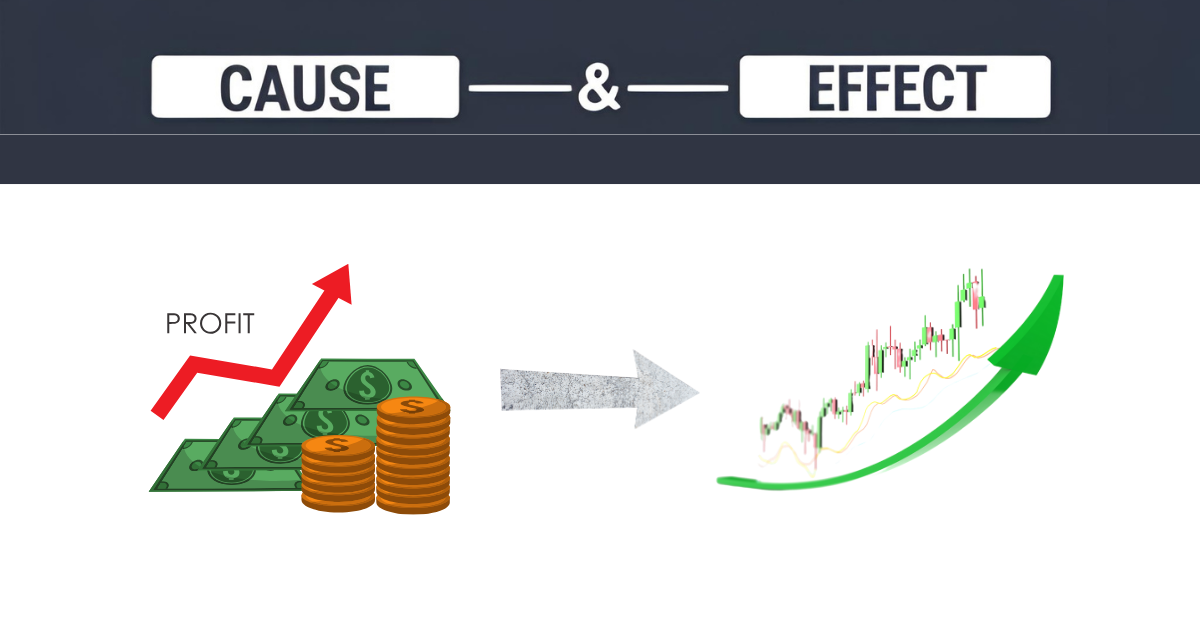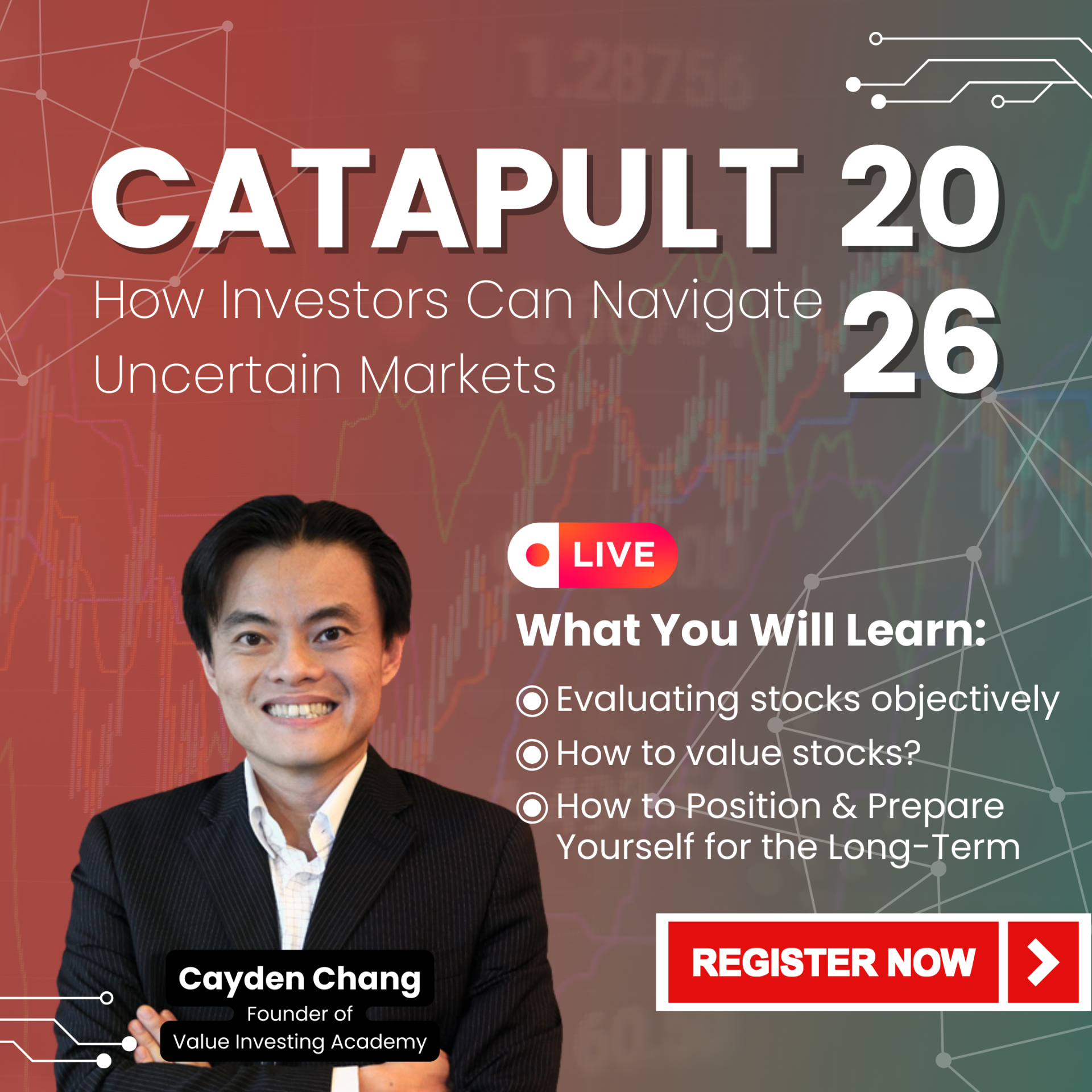What’s the Difference Between Investing and Speculating? (Part 1)
Let me explain how share prices are formed. I mentioned this before, but it’s worth going through again.
When a company makes money, is that good news or bad news?
Obviously, good news!
Now, when good news comes out—like a strong earnings report—speculators and gamblers, who don’t really understand much, will rush in. They see everyone buying, so they also jump in and buy stocks.
When the majority of people start buying, what happens to the share price?
There’s only one reason why share prices go up: more people are buying than selling. That’s it. It’s not magic. It’s not mystery. It’s just demand and supply.
So when people rush in to buy, the share price goes up.

Now let’s look at the reverse. If a company is losing money, and the bad news is released in their financial report—what happens?

On the other hand, there’s a group of people who spend all their time staring at share prices. Every single day. These are the speculators or traders. They constantly monitor charts and movements.
- You don't have to monitor the share price daily.I know it's hard - some of you still peek! You think by watching it, you are more in control. But remember, the whole point is to buy and then let it work for you.
- You see it through like a business owner.
You are not here to guess prices or be a fortune teller. You own a piece of a business, and you are letting it grow. - You reduce transaction costs.
As an investor, you buy and hold. Maybe you hold a stock for 1, 2, or even 10 years. That means fewer trades, fewer commissions. That's passive income.
Take Jeff Bezos, for example. After his divorce, his ex-wife became one of the richest women in the world—because she had a stake in his company! The point is, even after a divorce, Jeff Bezos remained one of the richest people alive. The gap is huge.
How to Apply a Fundamental-First Approach to Investing

Presented by Cayden Chang
Founder of Value Investing Academy and Award-Winning International Speaker, Lifelong Learner Award 2008, Personal Brand Award 2017, 2025 Spirit of Enterprise Honouree
You will learn:
- How to navigate market uncertainty amidst geopolitical tensions and market uncertainty
- How can all-weather portfolio of stocks, bonds, and ETFs can help you stay calm and thrive no matter the market direction.
- How Cash-Flow Options Strategies (CFOS), modelled after Warren Buffett's principles of Value Investing can help you cope with market uncertainty
- How ViA Atlas could help you strengthen your portfolio and streamline your decision-making process
- Actionable & Duplicable Step-By-Step Value Investing Framework on identifying high-quality resilent companies
Click the button below to reserve your spot now.

Suitable For
Solutions For
Mind Kinesis Investments Pte Ltd. All Rights Reserved.


